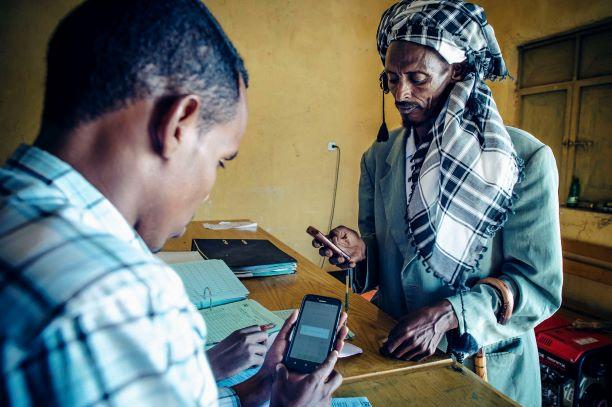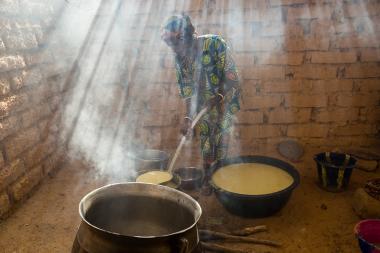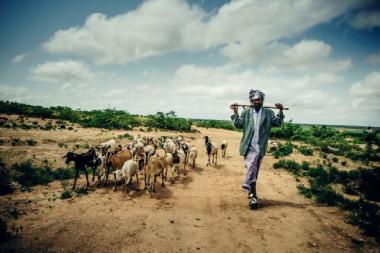Innovations for pastoralists and agro-pastoralists in fragile and conflict-affected settings
This scoping paper presents key findings from the SPARC review of the innovation landscape specific to the contexts of fragile and conflict-affected settings.
In the dryland areas of East and West Africa, protracted and recurrent crises undermine rural livelihoods and damage agricultural systems. This leads to food insecurity and malnutrition whilst conflict and environmental vulnerability affect an increasing number of people particularly those already living in poverty.
Given this context it is clear that programmes and policies that build resilience are critical. Within recurring and protracted humanitarian crises, especially in fragile and conflict affected settings (FCAS), there remain gaps in approaches, programmes and policies that build the resilience of agricultural livelihoods and communities. As such, innovative solutions are necessary in such dynamic contexts.
As part of its early implementation phase, the Supporting Pastoralism and Agriculture in Recurrent and Protracted Crises (SPARC) programme identified innovations for pastoralists and agro-pastoralists in arid and semi-arid lands (ASALs) and FCAS. For the purposes of this research and throughout SPARC’s implementation timeframe, we consider innovation as either: the development of new solutions , improvements on existing solutions or the advancements in product design, service design, processes or business models.
The research on this project identified outstanding questions with which businesses and institutions continue to grapple. Cross-cutting questions include:
- Beyond addressing immediate shocks and stresses, what innovations can promote long-term economic and other well-being outcomes for pastoral communities, and break the cycle of poverty and vulnerability to shocks?
- What enabling environment is required to scale up impactful innovations in ASALs and FCAS?
- What innovations currently exist for smallholder farmers that can be extended to agro-pastoralists and pastoralists in ASAL and FCAS contexts?
- What role do pastoralist women and young people (under 25 years) play in enhancing the resilience of pastoral livelihoods? What innovations are relevant to women and youth, and to what extent are these innovations responsive and/or transformative with respect to gender and age?
This scoping paper highlights initial analysis which found that:
- Innovations span value chains and thematic areas, for example: supply-chain innovations on customer acquisition and distribution channels; or product innovations that drive access to markets, finance and information; or digital technology and analogue solutions; or gender-intentional innovations.
- Meaningful and scalable innovations originating from or directed towards pastoralists and agro-pastoralists in ASALs and FCAS are emerging; however, when compared to agricultural areas with higher rainfall, are still relatively few or, more likely, under-appreciated with limited exposure outside the immediate community or context.
- Many innovations are digital technologies focused on providing extension services and information, as well as tools for better asset management. For digitally enabled innovations, low-tech platforms, such as analogue radio, SMS and USSD, remain the most effective distribution channels for ensuring scale and product adoption.
- Access to stable, high-value markets remains a significant challenge. Few social innovations or technologies able to overcome chronic challenges (e.g. insecurity, poor infrastructure and low literacy levels) in ways that meaningfully build trust, reduce transaction costs or further incentivise uptake.
Check out the SPARC Innovation Dashboard here.



